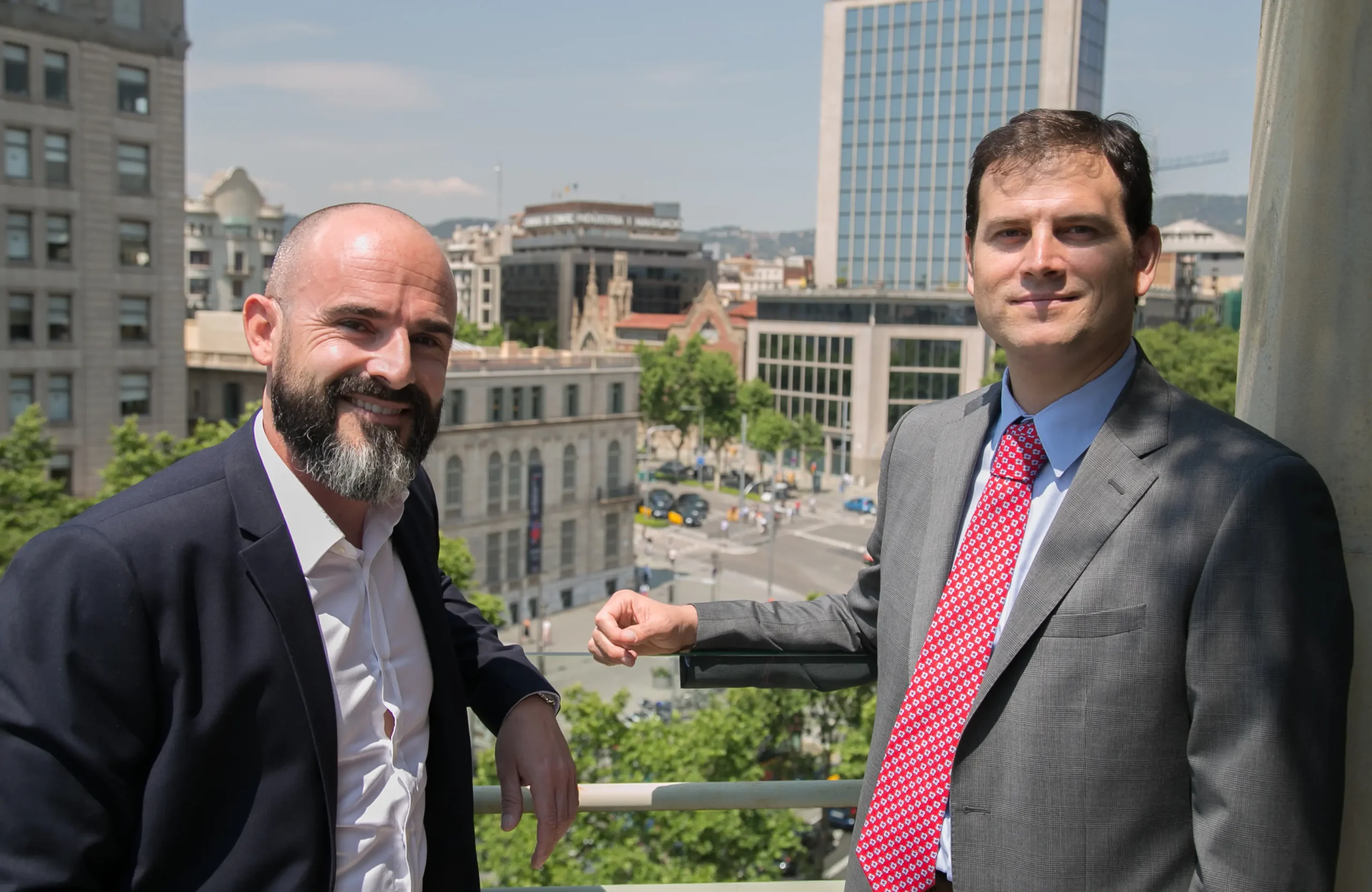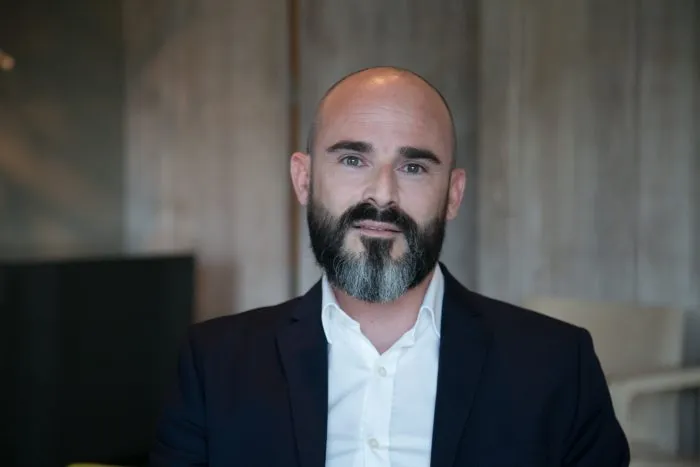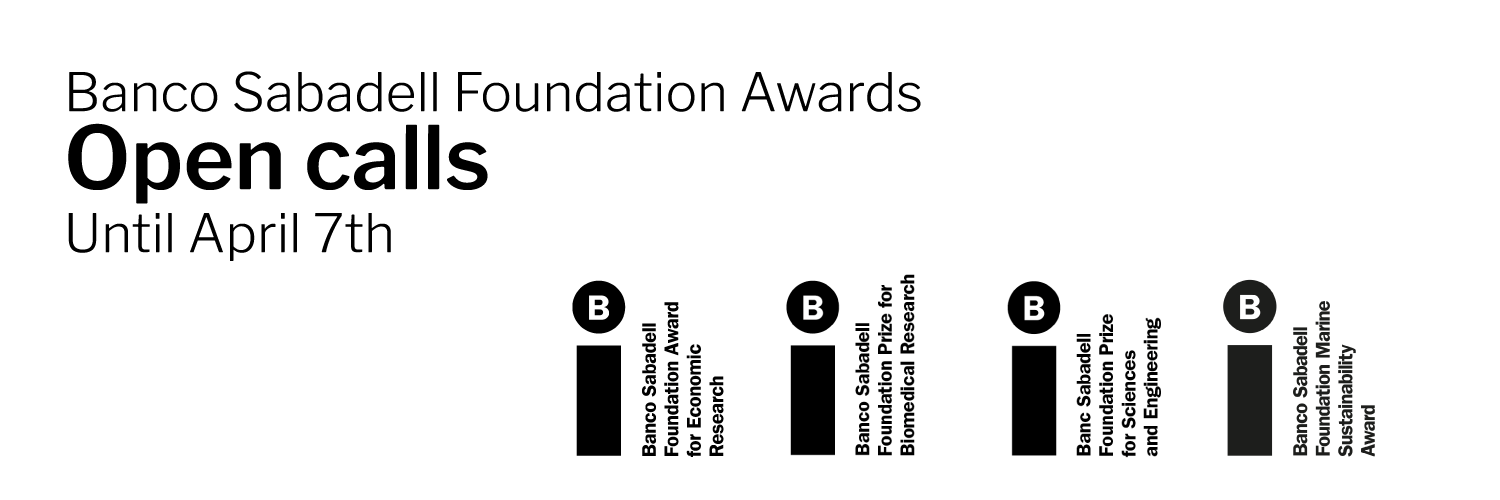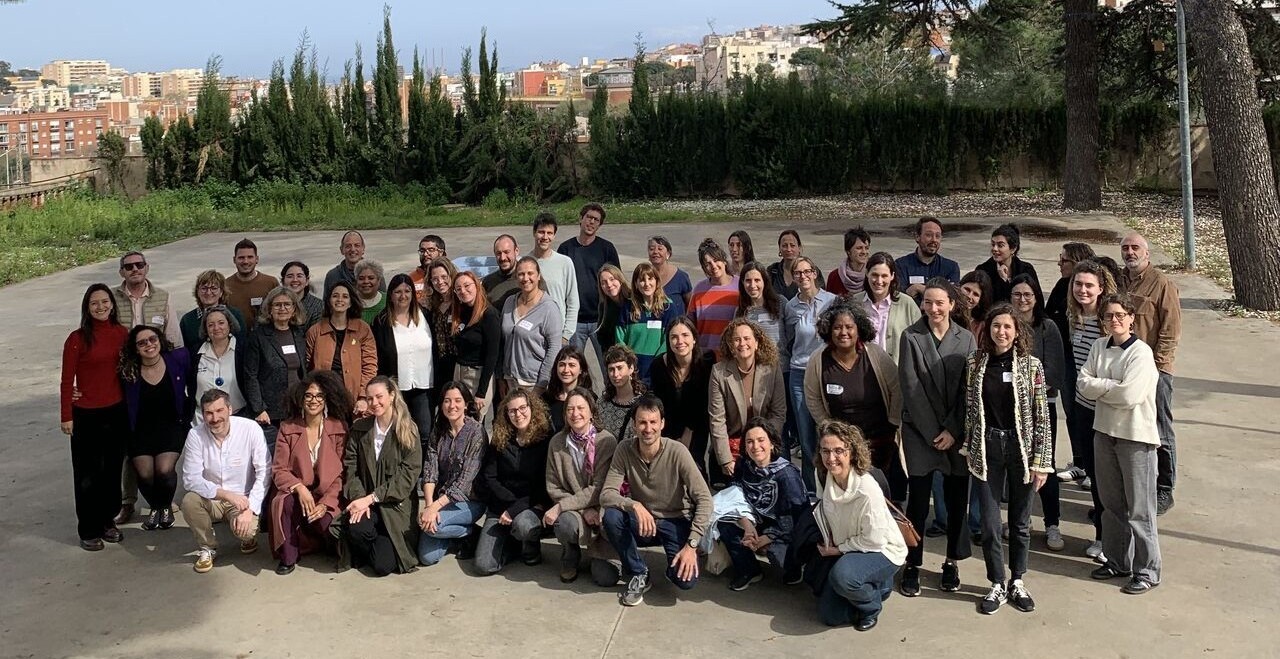
The jury of the 1st Banco Sabadell Foundation Award for Science and Engineering has recognised the contributions made by Dr Romain Quidant in the field of nanophotonics, including his optical nano-tweezers which allow tiny particles like molecules and viruses to be trapped and moved without altering them, a breakthrough which could prove to be extremely valuable in biomedicine. His work on manipulating light on a nano scale using nano optical lasers and antenna has opened the door to an entirely new panorama for future technology. The panel of the 12th Banco Sabadell Award for Biomedical Research has recognised Dr Borja Ibáñez Cabeza as the winner of the 2017 award for his innovative contribution to the fight against cardiovascular diseases through his sharing of basic and technological knowledge regarding the treatment and prevention of this pathology.
Collaborators in the new award for Sciences include BIST, Barcelona Institute of Science and Technology, chaired by Professor Andreu Mas-Colell (who is also the head of the award jury). The institute is an international benchmark in the scientific field. 41 candidates have submitted applications in the first edition of this award and 58 candidates have submitted entries to the twelfth edition of the Biomedical Research Award, including professionals in the fields of basic, clinical and epidemiological research. This year the jury of this award was once again headed by Dr Carlos López Otín, a Professor at the University of Oviedo.

More about Dr Romain Quidant
Romain Quidant (born in Dijon, France in 1975) completed a PhD in Physics at the University of Dijon, France. Since 2002, he has worked at the ICFO (Institute of Photonic Sciences in Barcelona) in the field of nanoplasmonics and since 2008 he has been a professor at ICREA and Tenure Group leader at ICFO. His research focuses on studying the optical properties of nano-structures, known as nano-optics. Quidant has been a pioneer in many important breakthroughs in the field of nano-optics and nanoplasmonics. He came up with the concept of optical nano-tweezers, which are transforming the manipulation of individual nano-objects such as biomolecules. His team has also created an integrated analytical platform for the early diagnosis of diseases.

Borja Ibáñez (born in Madrid, in 1975) completed his degree in Medicine at the Complutense University in Madrid and was awarded a PhD in Medicine at the Autonomous University in Madrid. He completed his Cardiology residence at the Jiménez Foundation University Hospital in Madrid. He subsequently competed training in basic research at the Mount Sinai School of Medicine in New York, USA. Upon returning to Spain, he embarked on a career which combines scientific activities (he leads a research group at CNIC – the Spanish National Centre for Cardiovascular Research) and clinical activities (he is a practising cardiologist at the Jiménez Días Foundation University Hospital). He is also head of the newly formed group, CIBER, focusing on cardiovascular diseases (CIBERCV).



